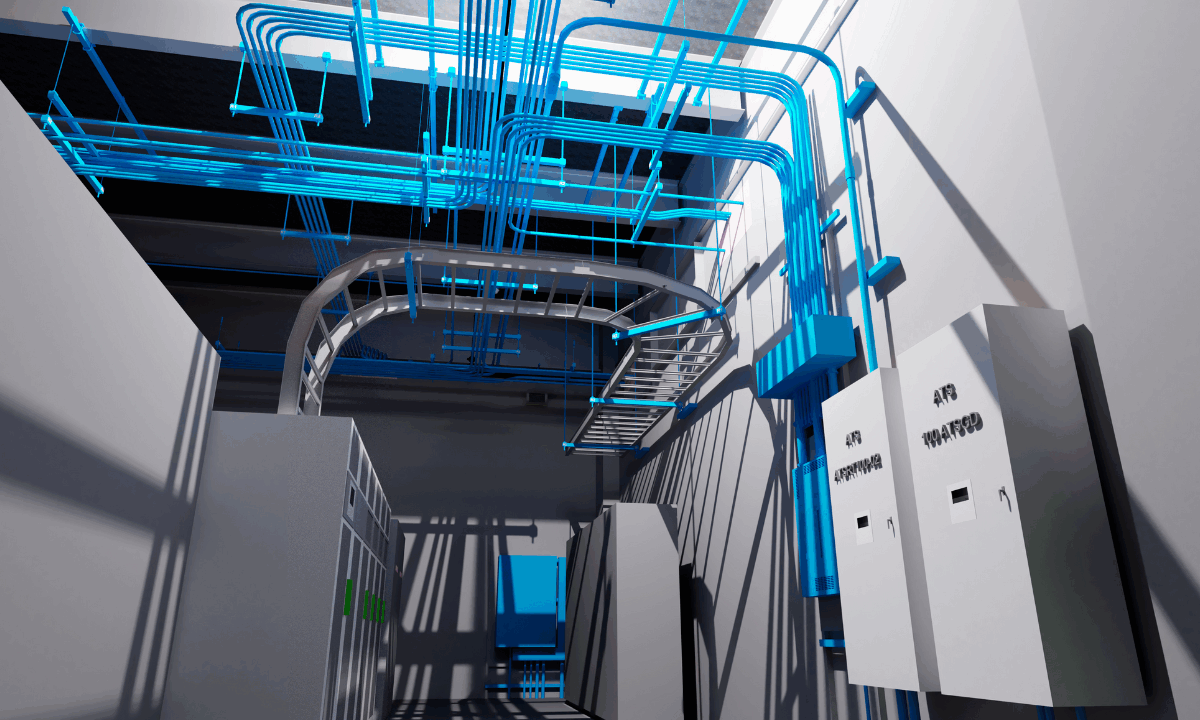There is a common misconception that the construction industry is outdated or slow to adopt new technologies. That couldn’t be further from the truth. Prior to its digital transformation, the construction industry had few, if any, tools available to capture real-time jobsite data or create meaningful insights for productivity, safety and workflow. But this is changing rapidly—and to the benefit of the people literally building the world.
According to a McKinsey report analyzing the current and future construction technology landscape, the pandemic served as a driver for construction’s technology adoption over the past year. In 2020, more general contractors used artificial intelligence and analytics; 3D printing, modularization and robotics; and digital-twin technology than ever before. Likewise, venture capital funding in construction technology more than doubled in the last decade. The industry has always been worthy of this investment, but it represents a positive shift for construction that will enable new levels of insight and control that could never happen otherwise.
The same report signaled the increasing need for onsite construction technology, stating that “further efficiencies will be unlocked with deeper integration of technology solutions directly on the jobsite and with predictive analytics leveraging data from connected teams and equipment.” AI serves as a significant and direct response to this need shared by general contractors everywhere.
For construction, the combination of human and technological capabilities sets new standards for site-wide measurement, data capture and process intelligence, enabling general contractors to more accurately control processes, assess risk, increase productivity and improve safety. By eliminating the need for manual input, AI offers a holistic view into the jobsite, transforming unstructured data into manageable, automated analyses. Construction professionals are experts in their craft and by coupling their inherent knowledge with the ability to automatically capture the data they need when they need it, opportunities abound to transform the jobsite completely.
Today’s AI opportunity: Empowering the world’s general contractors
Most contractors already deploy an array of construction technology solutions—but don’t yet augment their systems with AI technology. Jobsites are hamstrung by tedious, manual data input. AI systems automatically identify, categorize and analyze each facet of the worksite—including material types, site progress, near misses, crane utilization and load details. Today, some of the world’s leading general contractors have modernized their jobsites with a mix of hardware and software solutions such as AI-enabled cranes and cloud-based project collaboration services to streamline timelines, measure overtime trends, analyze site organization and improve overall jobsite efficiency.
To maximize its impact on a project—and fuel its adoption—AI integrations must be non-intrusive. Non-intrusive AI solutions do not disrupt existing workflows and are universally applicable for any general contractor on any site. They also must be built to evolve and scale over time, enhancing data insights after each and every project. When an AI-enabled construction platform can do all of these things equally well, it can help general contractors identify hazardous activities onsite, track progression against scheduled project milestones and more accurately predict how long the next project will take. As the industry battles labor shortages and rising material costs, AI-enabled construction teams armed with deep jobsite data will also maximize human and material resources by optimizing workflows and minimizing downtime.
The blueprint for AI’s future in construction: What’s next?
At scale, AI’s applications already show the long-term potential to automate virtually any aspect of a jobsite, offering increased flexibility for professionals to focus their project efforts where it’s most valuable, maximizing the team’s skills and enabling faster decisions. Combined with other emerging technologies such as wearables and 5G advance, data and analytics will serve as the catalysts in creating a dynamic, connected jobsite.
Every year, general contractors seek new ways to remain competitive and bolster resources to produce high-quality, efficient work. As investments in advanced construction technology accelerate, so does the opportunity to create new applications for construction data insights.
2020 was a landmark year for construction as the industry proved its flexibility in uncertain times and capability to adapt to new solutions quickly. Looking ahead, we anticipate a promising future of steady growth, with empowered general contractors and construction management firms who are now able to scale thoughtfully, protect their workers and continue building our world.







